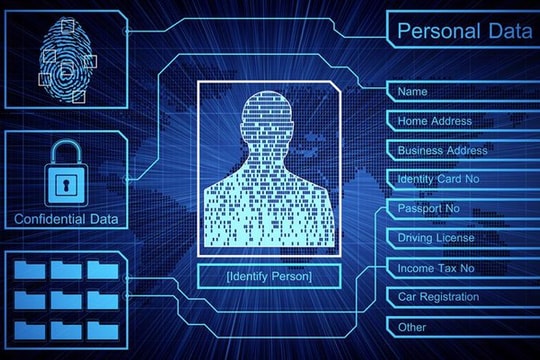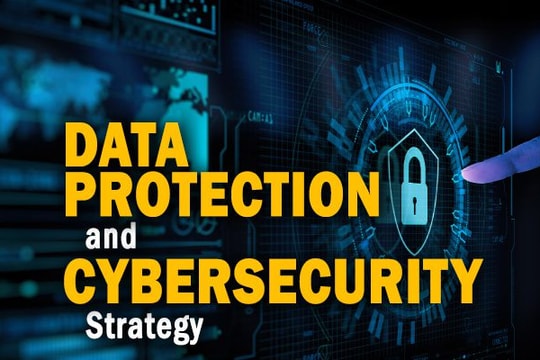6 ways to keep your personal information secure online
(Baonghean.vn) - In modern society, communication via social networks as well as online transactions are common but it is also very easy to reveal private information. Below are some useful tips to protect personal information data.
1. Always set a password for your personal device
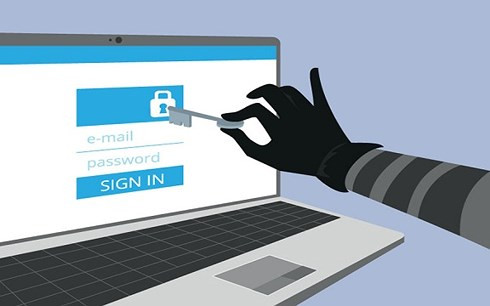 |
Setting up a screen lock for personal devices such as laptops, smartphones, and tablets is extremely important for users. Setting up a screen lock can help prevent others from accessing information and make it more difficult for bad guys to steal your device.
It's a good idea to set the screen lock time as short as possible - this will make it difficult for hackers to remotely attack your device.
2. Share information selectively
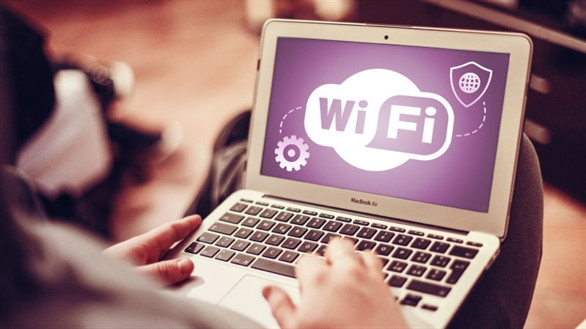 |
The rule of thumb: don't share too much personal information on the internet, especially information like social media account passwords, credit card numbers, photos, private addresses, driver's license photos, documents... via email. If you have to tell someone your personal password, remember to change it immediately after you're done.
Do not arbitrarily connect to public WiFi networks, especially when logging into social networking accounts or online banking, or making online payments to avoid information leaks; Turn off WiFi connection when not in use.
3. Enable 2-step verification
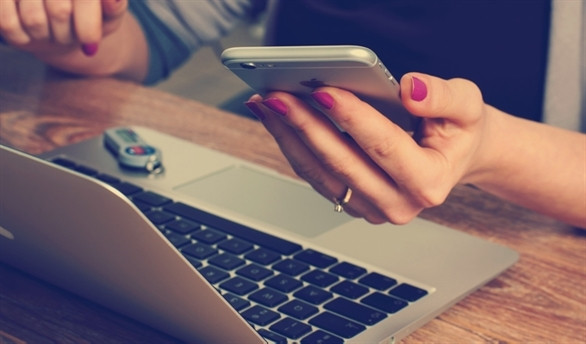 |
The 2-Step Verification (2FA) feature is now very popular and widely used in services of major technology companies. This is considered an effective method to protect user accounts.
First, the user logs in with their name and password and the system will send a verification code via mobile device, email, phone number, or the application you registered with to enter again.
If your service account supports this feature, please quickly enable and configure it to enhance the security of your account.
4. Regularly update the system
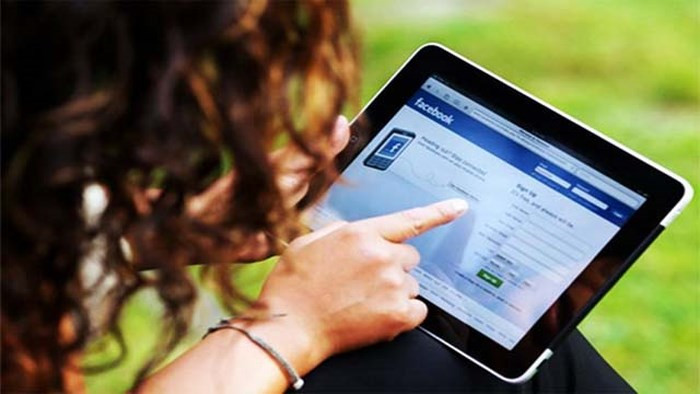 |
Updating software and systems is a necessary task for internet users. The reason is that security holes are always arising every day, updating the database can help the device access the latest technologies, features, and patches.
Regularly checking and promptly downloading and installing updates is extremely important, helping you reduce the risk of personal data leakage and theft.
5. Limit the provision of personal information
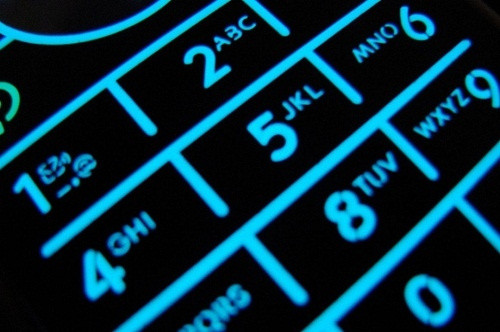 |
Providing personal information such as email address, phone number is something you also have to pay attention to. For example, if a stranger asks for your phone number, of course you will not provide the information that person needs. However, if they wear the uniform of a service or store, many people may provide their phone number when asked.
So always think twice before providing your personal information. Although sometimes that information is used to help a seller or a service make the best choices for your shopping needs.
6. Log out of your accounts when you're done using them.
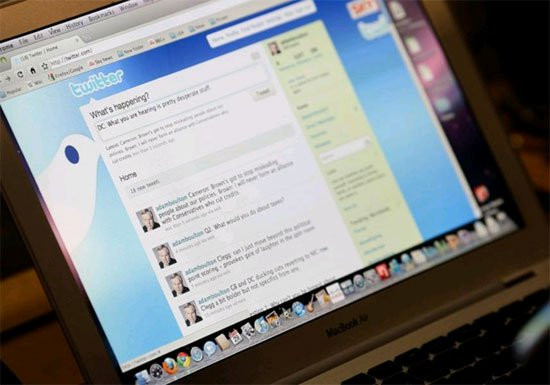 |
Many users will find this annoying, but it is an extremely effective and popular way for both personal and public use. Logging out of your account greatly reduces the risks associated with losing your account.
Don't think that your computer is safe, remembering and still having a login status always contains information that is the key for hackers, viruses or trojans to take advantage of and steal your account.




